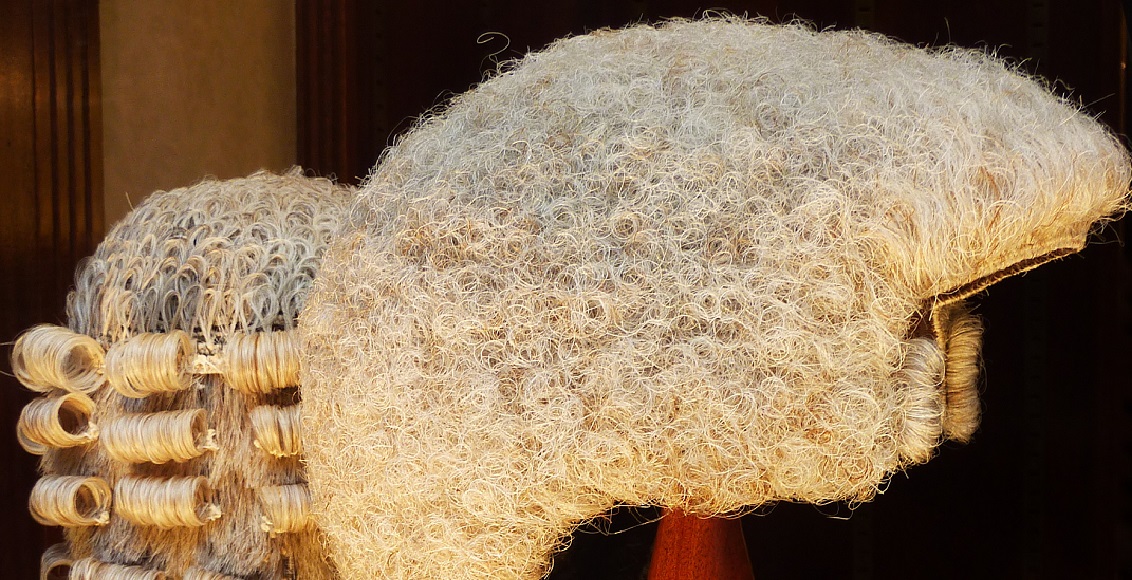We love to talk decolonisation in Africa and yet somehow we managed to miss the fact that in several African countries, lawyers and judges still wear those ridiculous white wigs that our colonial masters brought over a couple hundred years ago.
This week the Washington Post’s Kevin Sieff asked why so many lawyers and judges in Africa still keep up the tradition 50 years after the British left the continent.
African judges should no longer wear these colonial wigs https://t.co/Mzh2rxmjIB pic.twitter.com/QskeTsCKsA
— ShaddaiVille (@SHADDAIVILLE) September 19, 2017
According to Sieff, Kenya, Zimbabwe, Ghana, Malawi, Uganda and other former British colonies are all still holding onto the R86 000 horsehair wigs. “The wigs and robes are perhaps the most glaring symbol of colonial inheritance at a time when that history is being dredged up in all sorts of ways,†he wrote. And we agree.
Many African leaders are vocal about the colonial thievery of the British empire and how it continues to steal from the continent through trade agreements weighted in its favour. But they don’t have much to say about the empire’s legacy in their courts.
SA Parliamentary officials took a decision not to wear “WESTERN WIGs” blindly adopted by most African countries post-independence pic.twitter.com/dGd8BJtkY5
— African (@ali_naka) July 10, 2017
A Ugandan lawyer, Augustine Niber, told Sieff removing the colonial attire would reduce the “intimidation and fear that often characterise our courtrooms.†So basically, the wig is meant to instill the fear of the colonial masters into the people.
Arnold Tsunga, director of the International Commission of Jurists’ Africa office said “the colonial system used law as [an] instrument of repression, and we’re still maintaining this tradition without questioning it.â€
Prof Otieno Lumumba preaches anti-colonialism but still wears this colonial wig to court.#TiroLecture pic.twitter.com/Gy6tpjNjcO
— Hloni Nyetanyane (@HloniNyetanyane) September 10, 2017
Horsehair wigs have been used in British courts since the 1600s, but in the UK they’re now only used on ceremonial occasions. And yet, here in Africa, it’s a thing. Isn’t it time we decolonised African courts?









